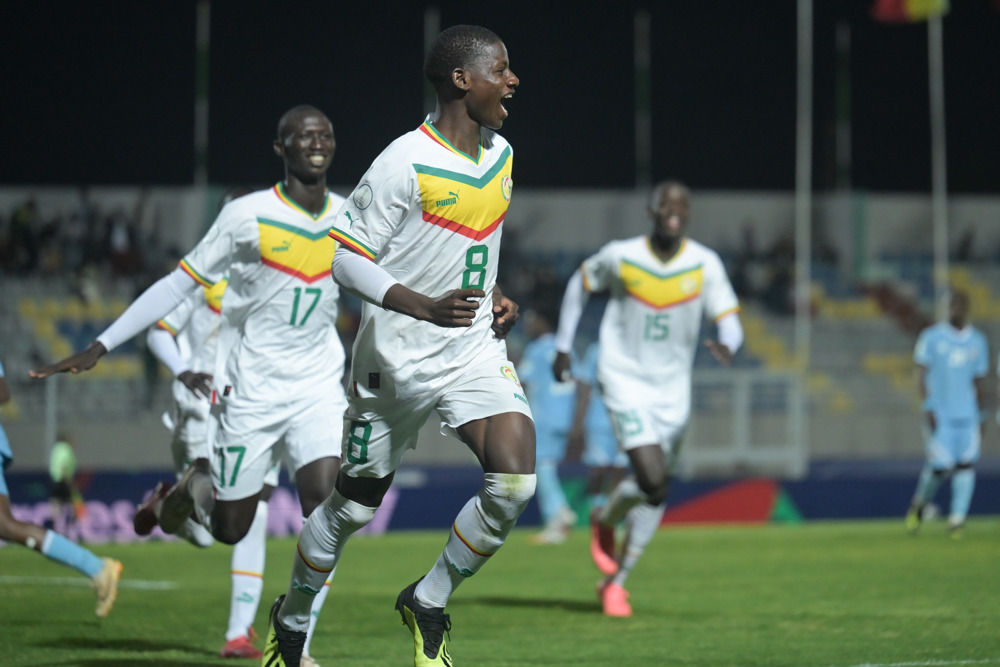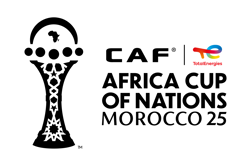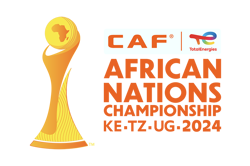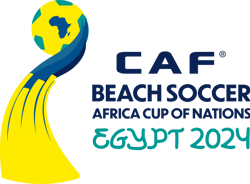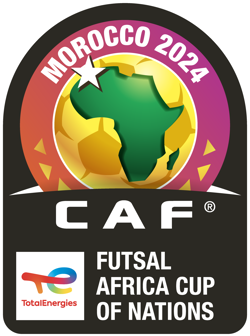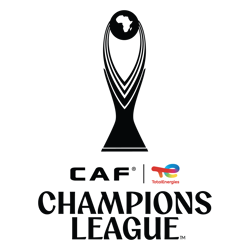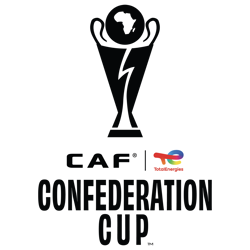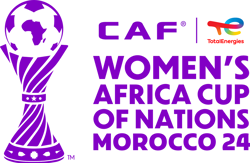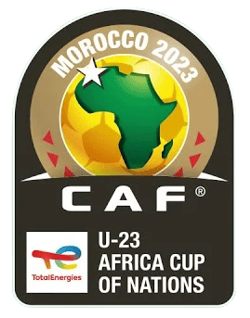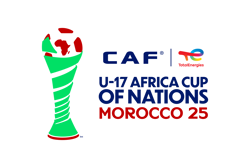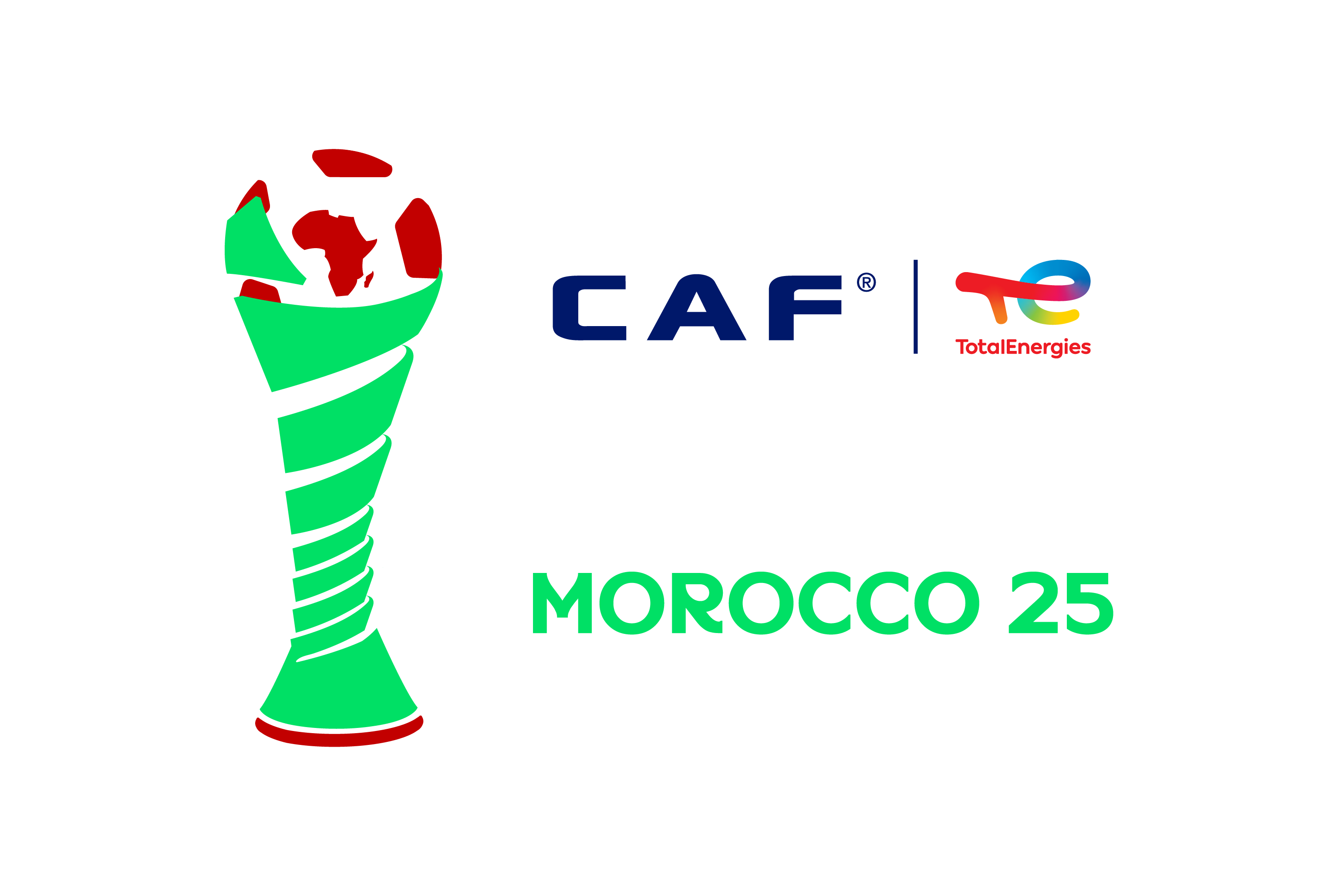AFCON U-17: The Hunt for Rising Stars is On
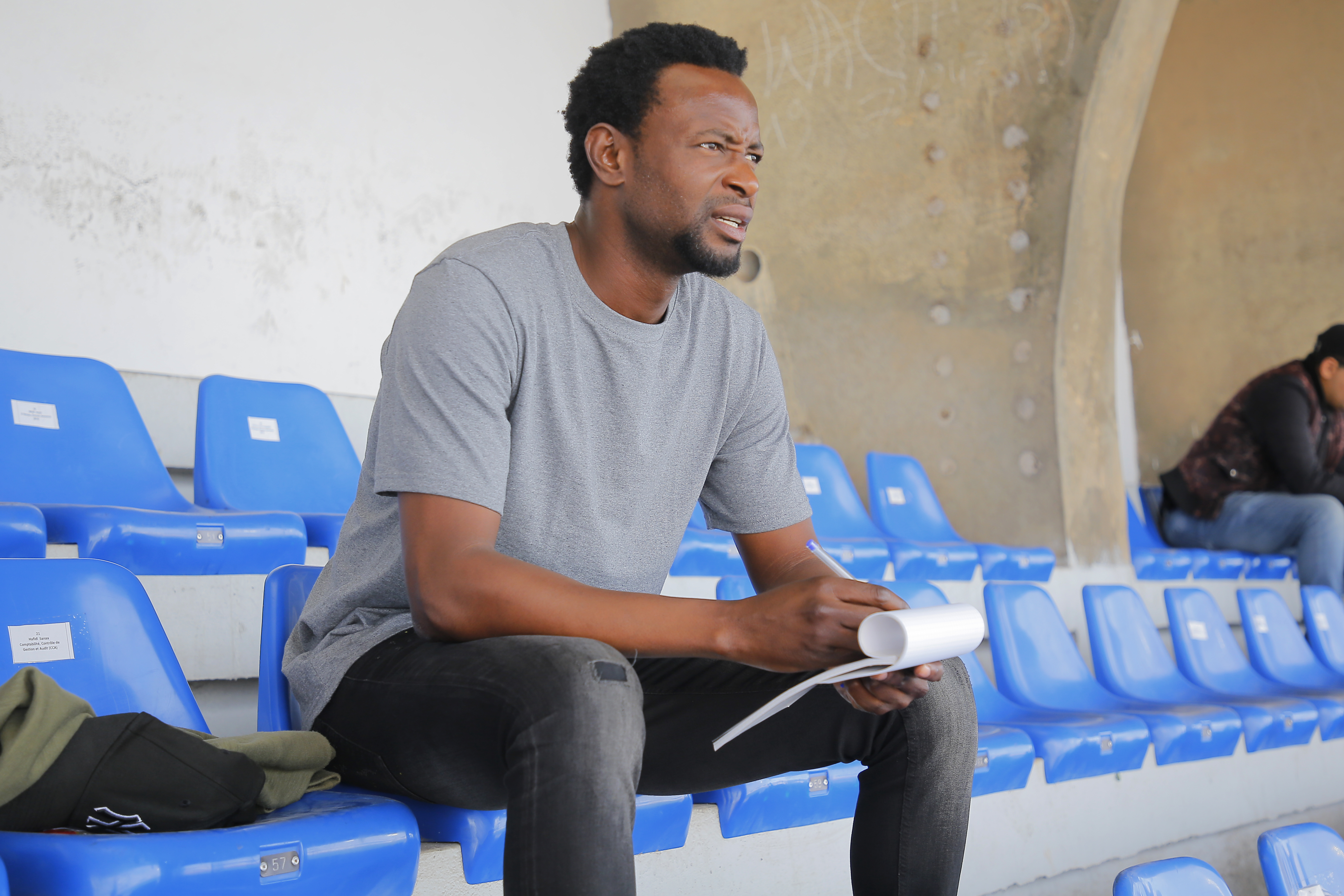
They’re here quiet, focused, often unnoticed in the VIP stands of stadiums in Casablanca, Mohammedia, or Berrechid. Notebooks in hand, telephoto lenses around their necks, badges displaying the logos of prestigious European clubs: scouts have descended on the CAF TotalEnergies U-17 Africa Cup of Nations 2025.
Never before has a youth tournament on the continent attracted such a large turnout from the world of football recruitment. Over 200 scouts, dominated by European clubs, have been officially accredited, according to figures released by the Confederation of African Football.
A record-breaking turnout—and not without reason. Africa once again confirms its status as the most unpredictable and explosive breeding ground in world football. And with English, German, French, Belgian and Dutch clubs showing up in force, it’s clear the talent is here ready to shine.
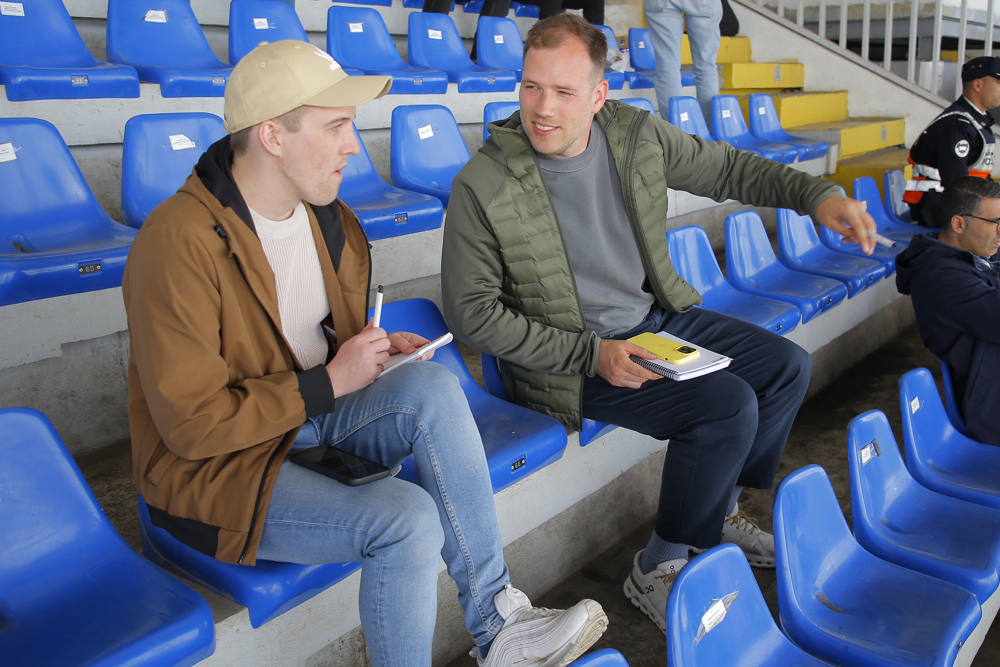
Manchester United, Liverpool and Chelsea as well as Bayern Munich, Atletico Madrid, Benfica, Porto, Monaco and Marseille are some of the European giants to send their scouts to Morocco to find the next African football talents.
But they are not the only clubs to send their representatives to spot talents as some African sides including Al Ahly, Wydad Casablanca and Berkane are at the competition as well as clubs from Asia like Al Ain of the United Arab Emirates.
Kumordzi, Genk’s Watchful Eye: “We Cast a Wide Net Here”
Among the most attentive observers is a familiar face on African soil: Bennard Kumordzi, the former Ghanaian international who played for Dijon, Panionios and Genk, and is now a scout for the Belgian side he once played for.
In Morocco to assess the tournament’s talents, the former midfielder shares his methods and insights—candidly and without filter.
“At Genk, we don’t look for one specific profile. Africa’s far too rich for that. If you narrow your scope, you miss the magic,” he explains.
Kumordzi says he’s watched “every team at least twice” and has identified several promising players to keep an eye on in the coming months. His number one criterion? Speed of play.
“In Europe, everything’s faster. I’m looking for players who think ahead before the ball even gets to them,” he said.
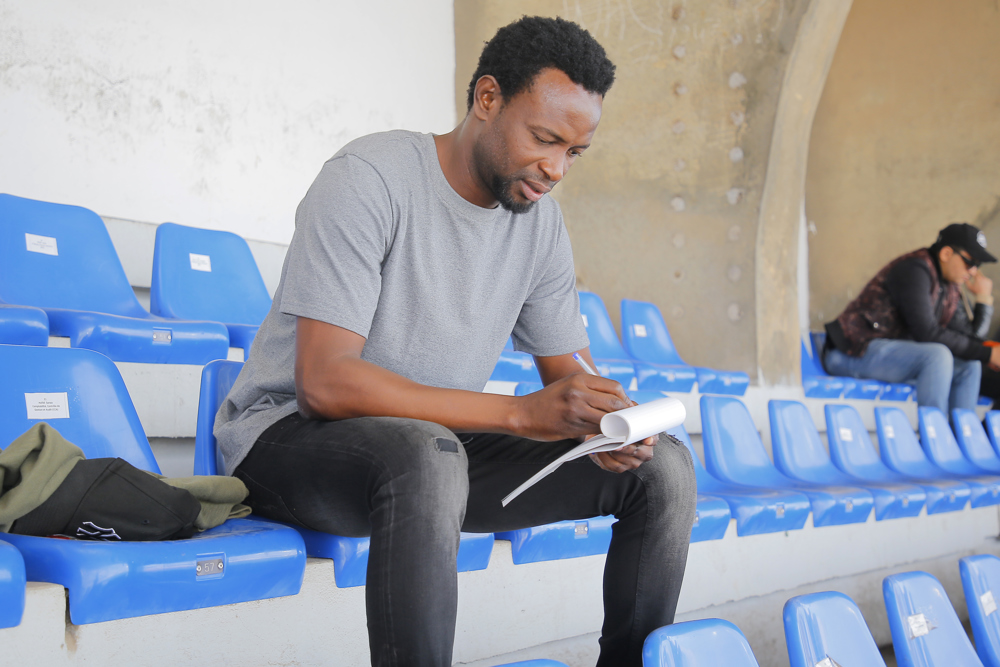
But there are other aspects of the game he looks out for including a player’s tactical understanding of the game, mentality during matches, technical ability and in some cases body type.
Then the scout will assess whether the player will fit into Genk’s style of play or match the standard of the players the Belgian side already have in their youth teams.
And when it comes to evaluating a player, he’s firm: never based on a single match. “I need to see at least three games, against varied opponents. The first match is often distorted by pressure. A real talent proves themselves over time.”
Passion Meets Fierce Competition
Scouts like Kumordzi aren’t alone on the hottest prospects. They’re up against stiff competition from much bigger institutions. “When Genk is after a player that Manchester City or Chelsea are also chasing, you have to convince in other ways. We don’t have the same shop window—but we do have a project. Genk is one of the few clubs that gives young players a chance very early. We bet on development, not on image.”
That’s a persuasive pitch for many African academies, who are wary of seeing their gems lost in the massive machinery of clubs where breaking into the first team is often a mountain too high to climb.
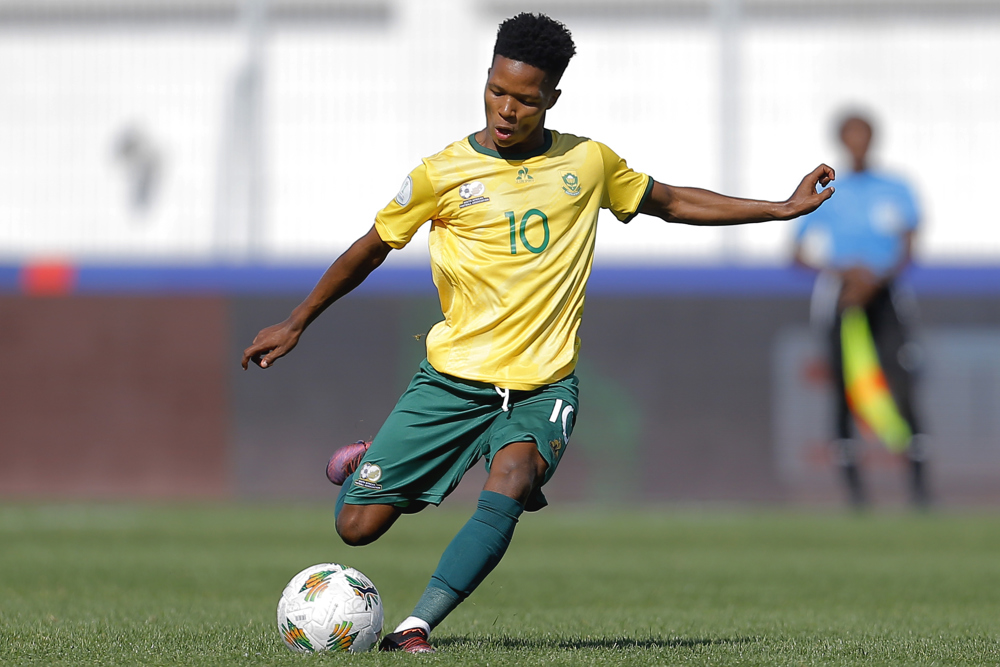
But this battle isn’t just about promises. A club’s relationship with local academies, its reputation for nurturing talent, and its commitment to education matter just as much. “Of course, education is crucial. Many of these boys come from extremely modest backgrounds. In Belgium, we make sure they can continue their studies alongside football.”
Morocco, a Benchmark Host
The record number of scouts at the 2025 U-17 AFCON is also thanks to the tournament’s exceptional organisation. With its strategic geographic position, political stability, and top-tier infrastructure, Morocco has established itself as a reference point for youth competitions.
All stadiums are equipped with video analysis systems, hotels are ideally located near venues, and logistics have been meticulously designed to make things easier for both delegations and recruiters.

“This is my first U-17 AFCON, and I have to say I’ve been pleasantly surprised,” says Bennard Kumordzi. “Everything you need to work well is in place. Some of my colleagues compare it to previous editions, but I see a well-structured tournament with talent, with organised teams. Of course, there’s room for growth, but it’s an environment that encourages excellence.”
A Long-Term Investment
For scouts, spotting talent is just the beginning. Then the real work begins tracking performances at club level, understanding the player’s support system, environment, and mindset. “Once I’ve identified a player, I go back to watch him at his club. I want to see how he plays without the pressure of a tournament, in his comfort zone,” Kumordzi explains. “Because in Europe, he’ll be out of that comfort zone very quickly.”
And perhaps the hardest part still lies ahead: convincing the player, his family, his coaches, his academy and winning the race against the giants of world football
